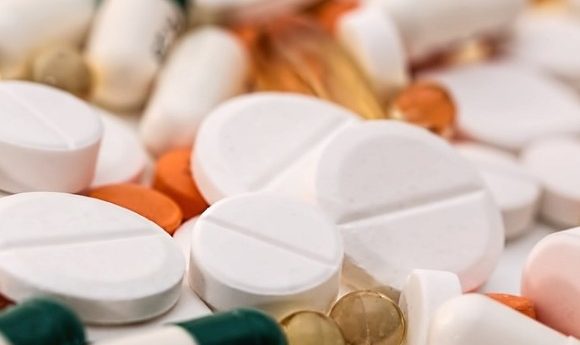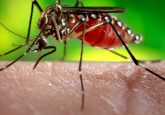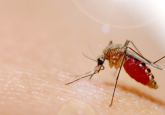Have researchers found a treatment for severe dengue disease?

Researchers have discovered that tryptase plays a key role in severe dengue disease, raising the possibility of developing new targeted dengue treatments.
The Dengue Virus infects approximately 390 million individuals globally each year. A small percentage of those infected develop Dengue Hemorrhagic Fever (DHF), where blood vessel leakage causes bleeding into the internal organs. If left untreated, this causes hypovolemia, known as dengue shock syndrome (DSS). Although DHF only affects a small percentage of patients, it results in high morbidity and mortality.
A recent study conducted at Duke-NUS Medical School (Singapore) has discovered that an enzyme named tryptase is involved in the progression of dengue from the initial infection to the more severe forms of the disease such as DHF and DSS.
“We discovered that, in severe cases, a particular enzyme called tryptase cuts the proteins that act as seals between blood vessel cells, resulting in blood vessel leakage and shock during dengue infection,” stated corresponding author, Ashley St. John (Duke-NUS Medical School).
Utilizing this discovery, the researchers aimed to test if Nafamostat mesylate, a drug that specifically inhibits tryptase could be used to treat the hemorrhaging. When tested using a preclinical model, the inhibitor demonstrated effective prevention of vascular leakage. Moreover, the researchers also determined high tryptase levels in stored blood samples from patients with DHF/DSS, but low in patients who easily recovered, solidifying the correlation between tryptase levels and severe dengue disease.
- Dengue defends against Zika virus
- Cutting-edge technology could revolutionize retinal disease drug development
- Overcoming anticancer drug restrictions in veterinary medicine
St. John described the importance of the study’s findings: “Currently, only supportive care is available to patients suffering from severe dengue disease, with no targeted treatment for this potentially fatal condition. We believe our findings raise the possibility of developing new targeted treatments for dengue and, specifically, one that might be able to prevent shock.”
“We are currently experiencing a surge in dengue cases in Singapore,” commented Patrick Casey (Duke-NUS Medical School, Singapore). “This timely study by our researchers not only holds out hope for a promising new strategy to treat severe dengue disease but could also have broader implications for the treatment of other hemorrhagic diseases.”
The researchers are hoping to conduct clinical trials to test if tryptase inhibitors can reverse dengue vascular leakage and prevent DSS in humans.

